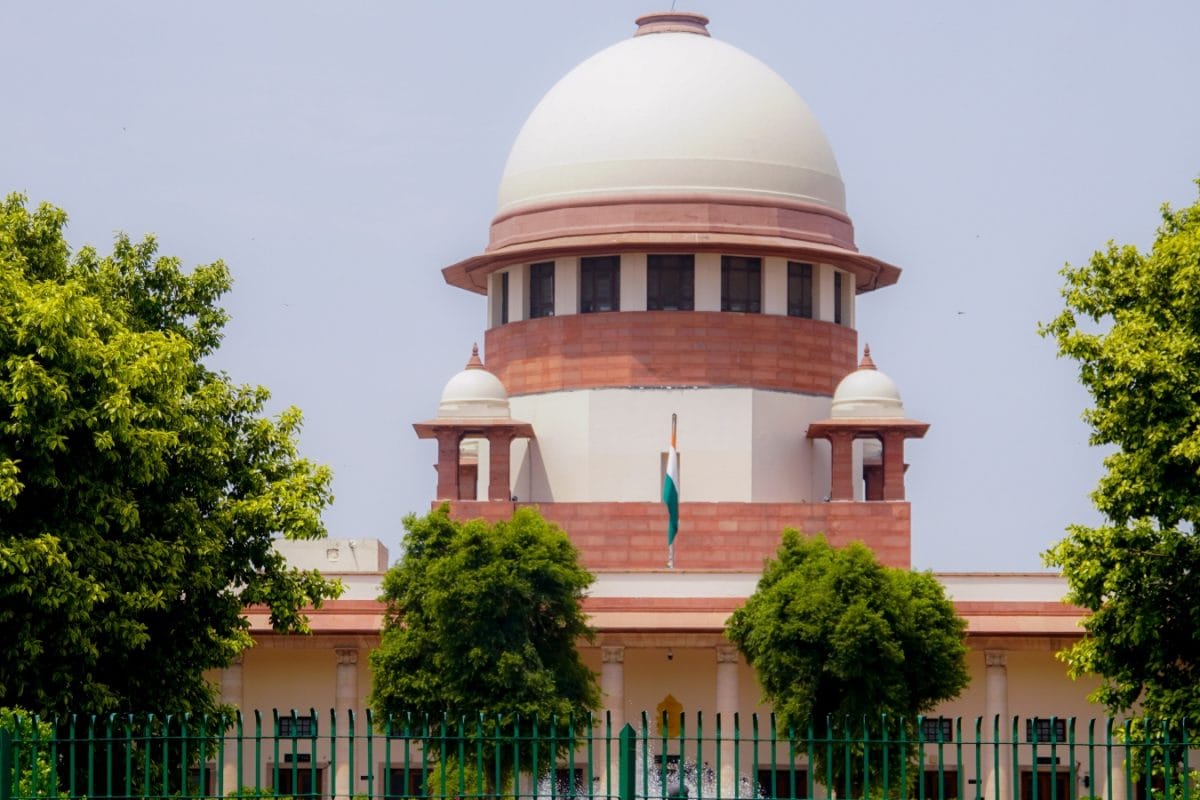

The Supreme Court is urging political parties to actively assist voters who were removed from Bihar's electoral rolls during the Special Intensive Revision (SIR). This directive comes amidst concerns about the extent of voter deletions and the limited involvement of political parties in rectifying these deletions.
Background of the Issue
The Election Commission of India (ECI) ordered a Special Intensive Revision (SIR) of electoral rolls in Bihar. As part of this exercise, a draft electoral roll was published, revealing a significant decline in the number of voters, with approximately 65 lakh names struck off the rolls. The ECI maintains that this revision is necessary to maintain the integrity of the voter lists. The grounds for removal include death, migration, or duplicate registration.
Concerns Raised
The SIR exercise has faced criticism and legal challenges. Petitioners argue that the ECI has not adhered to the principles of natural justice during the process and question the speed of its implementation. Concerns have also been raised about the potential disenfranchisement of eligible voters.
Supreme Court's Intervention
The Supreme Court has taken a proactive approach to address these concerns. In an interim order, the Court directed the ECI to publish a booth-wise list of the excluded voters, specifying the reasons for their removal. The Court has also allowed individuals whose names were struck off to submit their Aadhaar cards as a means of challenging the deletion.
Focus on Political Parties
The Supreme Court has expressed surprise over the limited involvement of political parties in assisting voters affected by the SIR. The Court has emphasized that voters should not be dependent on political parties to get their names back on the electoral rolls. The Court is now directing political parties to assist voters in filing claims to rectify errors in the voter lists.
Steps Agreed Upon
The Supreme Court has outlined specific steps to be taken by the ECI: * The ECI will display the list of 65 lakh voters whose names were previously included but are now missing from the draft list on district-level websites. * The list will include the reasons for deletion from the draft roll. * The ECI will publicize this information in vernacular language newspapers with wide circulation and broadcast it on television and other channels.
Implications
The Supreme Court's directives aim to ensure a fair and transparent electoral process in Bihar. By ordering the publication of deleted voter lists and allowing Aadhaar cards as a means of verification, the Court seeks to address concerns about potential disenfranchisement. The emphasis on political parties' involvement underscores the importance of a collaborative effort to rectify errors and ensure that all eligible voters can exercise their right to vote. The Supreme Court's intervention highlights the importance of safeguarding voter rights and ensuring the integrity of the electoral process.